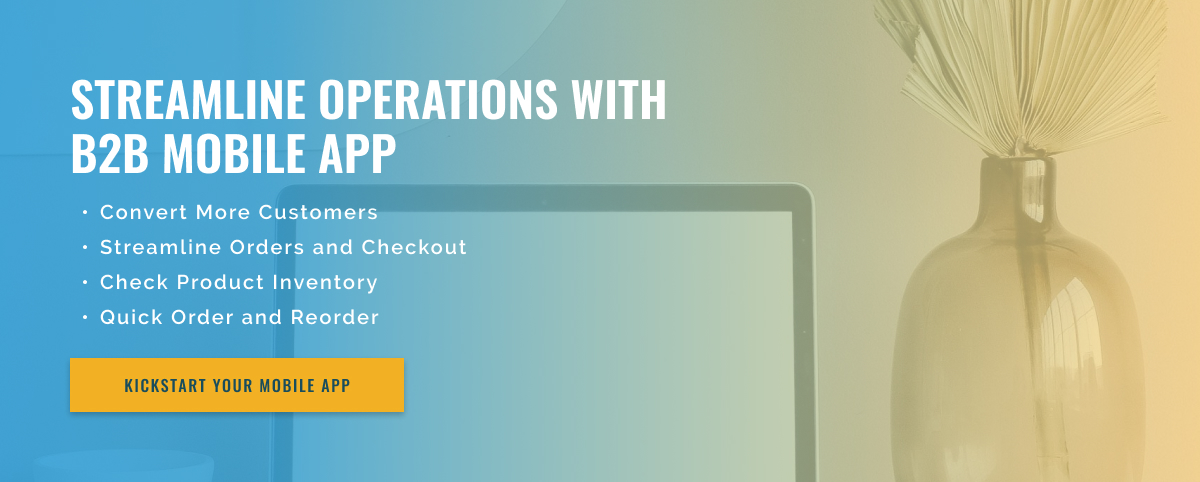3 minute read
The True Cost of Developing a B2B Mobile App
The growing demand for mobile applications has spread to the B2B market, and companies are now looking to develop applications to improve their operations and increase productivity. However, developing a B2B mobile app is not a decision that should be taken lightly, as there are several cost considerations to take into account.
First of all, developing a B2B mobile app requires a significant investment of time and resources. From conceptualization to design, development and testing, the process can take four months to a year, depending on the complexity of the application. That’s why it’s critical for businesses to have a clear understanding of their budget and timeline before embarking on this venture. The complexity and functionality of the application will also have a major impact on development costs. B2B mobile apps are typically more advanced and feature-rich than B2C apps because they must meet the specific needs of a business. This can include integrating with existing systems and databases, providing secure access to sensitive data, and offering advanced features such as analytics and reporting. All of these factors can significantly increase development costs.
Another important consideration is choosing the right platform for the application. In the B2B market, companies often have a mix of devices and operating systems, so it is essential to have a cross-platform application that suits all users. However, developing an app for multiple platforms can significantly increase development costs, and businesses should carefully evaluate their target audience and their preferred devices before making a decision.
Maintenance and updates are also important cost considerations for B2B mobile apps. Once the app is launched, it will require ongoing maintenance and updates to ensure it remains functional and relevant. Therefore, companies must take these costs into account when budgeting for the development of their mobile applications.
Finally, businesses must also consider the marketing and distribution costs of their app. B2B apps are often marketed and distributed through different channels than B2C apps, which can incur additional costs. Businesses should research and understand the best channels to reach their target audience and budget these costs accordingly.
In conclusion, developing a B2B mobile app requires a significant investment of time and resources, and businesses should carefully weigh all cost factors before embarking on this journey. By understanding their budget, choosing the right platform, and considering maintenance and marketing costs, businesses can develop a successful B2B mobile app that meets their specific needs and requirements.

